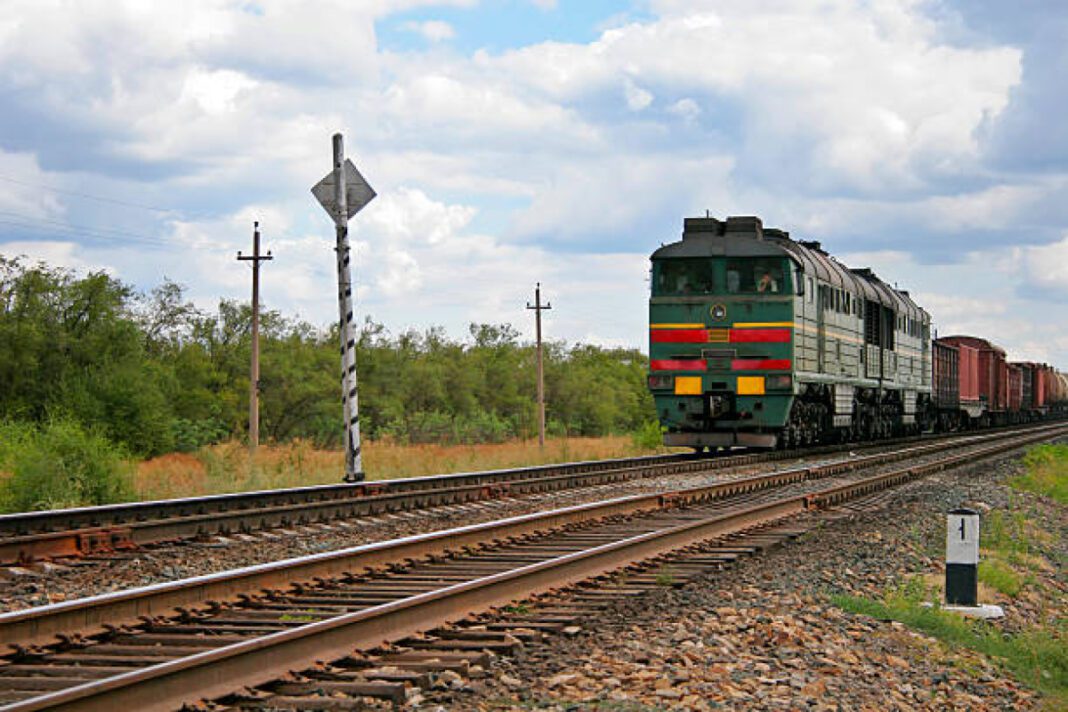The Indian government has recently approved a substantial budget allocation of ₹64.93 billion for the development of direct railway lines in Bengaluru. This major investment is aimed at significantly improving the city’s transportation network by constructing new rail links that will directly connect key areas within and around Bengaluru. The initiative is designed to enhance connectivity, streamline transit, and reduce travel times for daily commuters.
The allocated funds will be utilized for several critical aspects of the project, including land acquisition, the construction of new tracks, and the upgrading of existing infrastructure to support these new direct lines. The development of these new railway lines is expected to alleviate congestion on the current railway network, which is frequently overwhelmed by high traffic volumes and delays.
This project is part of a broader initiative to expand and modernize Bengaluru’s infrastructure, addressing the needs of its rapidly growing population and expanding economy. By improving the efficiency of the city’s transportation system, the new rail links will not only facilitate smoother and faster transit for commuters but also support economic growth by enhancing the efficiency of goods transportation.
Moreover, the project is anticipated to generate employment opportunities during its construction phase, contributing to the local economy and supporting the overall development of the region. This initiative aligns with the Indian government’s vision of enhancing urban mobility and modernizing infrastructure across major Indian cities, making them more livable and better equipped to handle the challenges of urbanization.
As the project progresses, railway authorities will provide regular updates on its status and timelines, ensuring transparency and keeping the public informed about this significant infrastructure development. This investment reflects the government’s commitment to improving urban infrastructure and addressing the growing transportation needs of Bengaluru.





